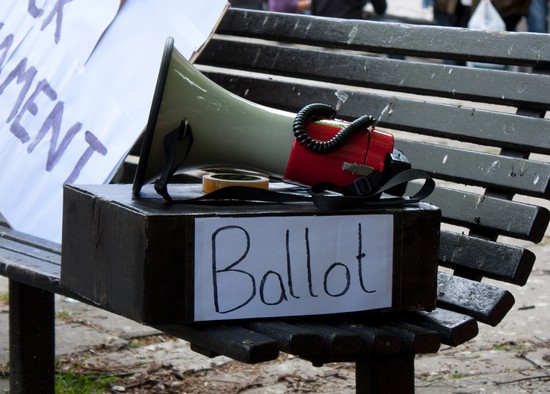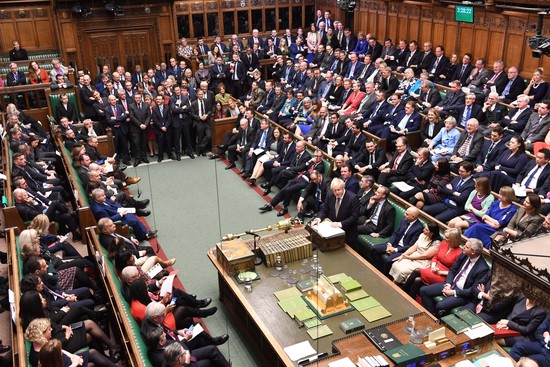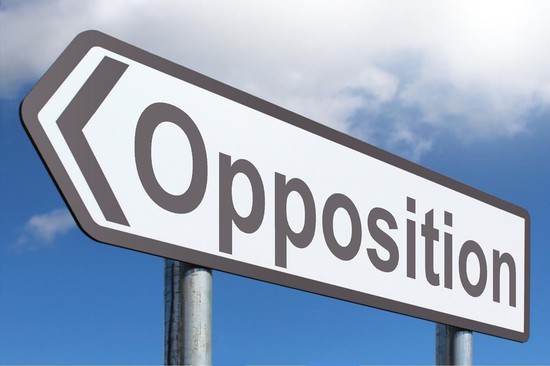Who Opposes?
Causes and consequences of government-opposition cooperation and distinctiveness in parliament
Our NWO-Vidi project team measures and explains government-opposition cooperation and studies its consequences for democratic legitimacy and vote choice.
Project description
The main objectives of this project are to measure and explain government-opposition distinctiveness and to study its consequences for democratic legitimacy and vote choice. Choice is essential to democracy; in modern representative democracies that choice is provided by opposition and governing parties competing in elections. If the choice is to be meaningful, opposition parties have to be distinct from government parties. Previous studies have looked at parties’ distinctiveness in the electoral arena, but what happens in parliament has been overlooked.
Among scholars as well as the general public, there are increasing concerns regarding the distinctiveness of opposition and government parties in parliament. Scholars have argued that there is a process of opposition blurring in parliament, but the evidence is largely anecdotal and based on single-country studies. This project is the first to provide longitudinal indicators of parliamentary distinctiveness and cooperation between government and opposition in four countries.
The analysis compares established parliamentary democracies with very different political systems: The Netherlands, United Kingdom, Denmark and Canada. Applying innovative content analysis methods to assess parties’ actual parliamentary behaviour and speeches, we map patterns of distinctiveness between government and opposition between 1945 and 2018. Explanations of those patterns will be based on quantitative data and elite interviews. The effect of government-opposition distinctiveness on democratic satisfaction, electoral turnout, and vote choice will be studied through analysis of survey material as well as multi-country conjoint survey experiments.
This project is financially supported by a Vidi grant from the Dutch Research Council (NWO).
Recent Posts
Dutch podcast episode on coalition-opposition dynamics
Practitioners' Workshop on Opposition Politics in the Dutch Parliament
Dutch radio broadcast with Rick van Well about government-opposition relations
Rick van Well starts his work as 'face of science'
Subprojects

Distinctiveness in the Parliamentary Arena: Consequences for Democratic Legitimacy and Vote Choice
The third sub-project focuses on the analysis of the effects of government-opposition cooperation in parliament on national electorates.

Explaining Government-Opposition Distinctiveness
This sub-project focuses on explanations of government-opposition distinctiveness in parliament.

Measuring government-opposition cooperation in parliament
The first sub-project focuses on the measurement of government-opposition cooperation in parliament.

